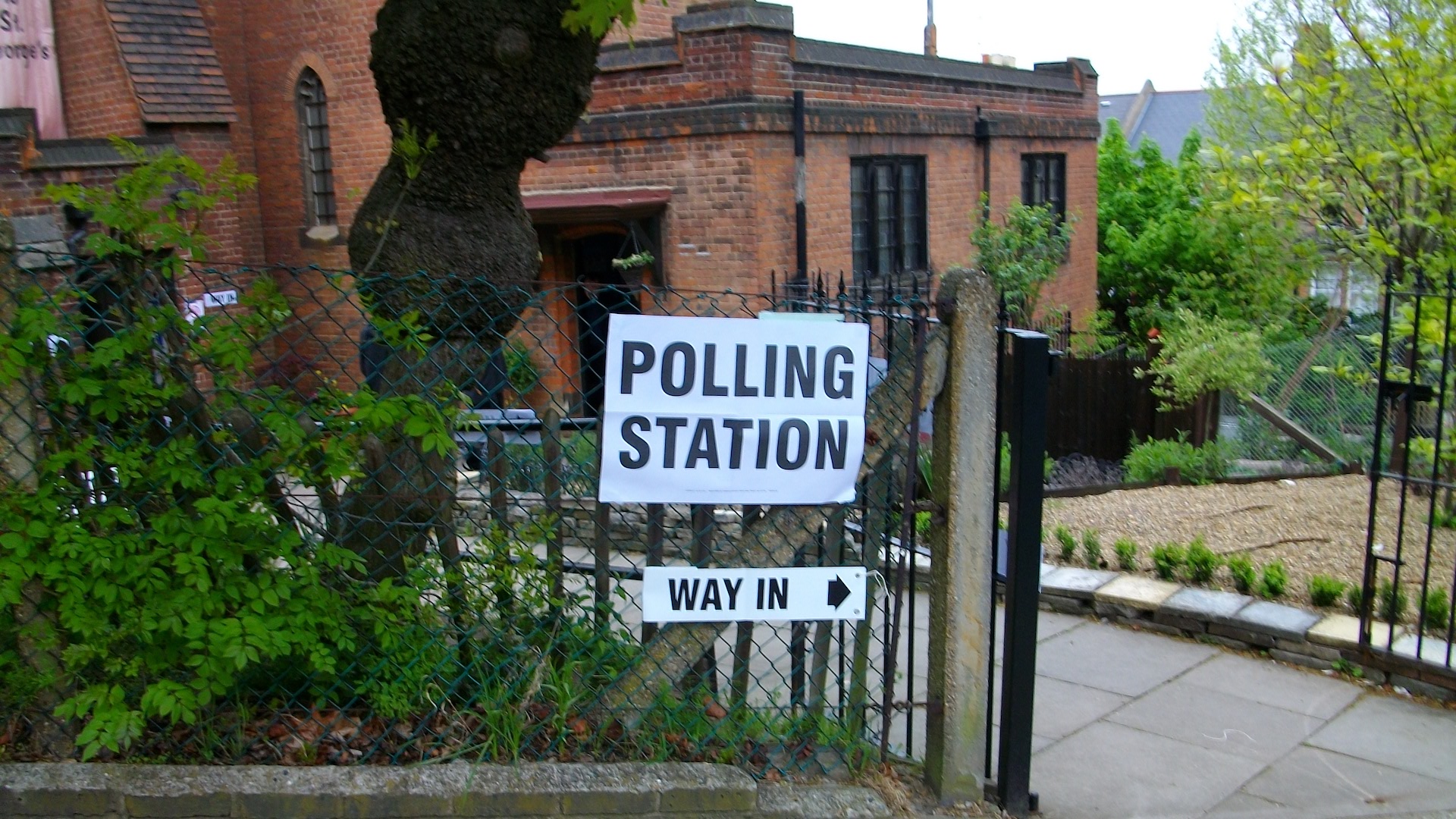After a hectic six weeks of campaigning the country is now just days away from heading to the ballot boxes to decide who will form the next government. Yet an estimated five million people are still unsure how they’ll vote, so it’s imperative that we all take the responsibility to encourage informed decisions and tackle misinformation in the run-up to 4 July.
This campaign period has thrown up challenges both old and new for democracy, not least a surge in deepfake content of politicians across social media, thanks to developments in generative AI. This is particularly worrying given recent Ofcom research which shows that almost two-thirds of people rely on online platforms for their news.
- Shocking political ad shows child as if at gunpoint. This is what it tells us about the Tory campaign
- Tories seem to think pandering to the extreme right is a vote-winner. But where’s the evidence?
In the world of opinion polling, as well as the usual instances of parties or media outlets misusing research data – either consciously or not – to influence voters, we’ve also seen things complicated by multilevel regression and post-stratification (MRP) models. MRPs combine national survey findings with demographic data such as the census to predict voting outcomes in individual constituencies.
While they can provide a greater level of insight than an average, national poll, politicians, the public and journalists alike are still getting to grips with how they work and just how they can predict election results. Consequently, we’ve seen a range of bold claims from columnists and candidates – from a Labour “supermajority” to Conservative “extinction” and Reform UK declaring themselves the new “party of opposition”.
These kinds of sensational claims are fanning the flames of assertions that opinion polls hold undue influence over the democratic process. In reality, polls play a vital role in supporting our democracy, giving a voice to ordinary people, informing national debate on key issues, and encouraging voter turnout by raising political awareness.
However, we all have a role to play in managing the risks of polls’ potential to mislead and ensure that they support, rather than damage, our democratic process.









